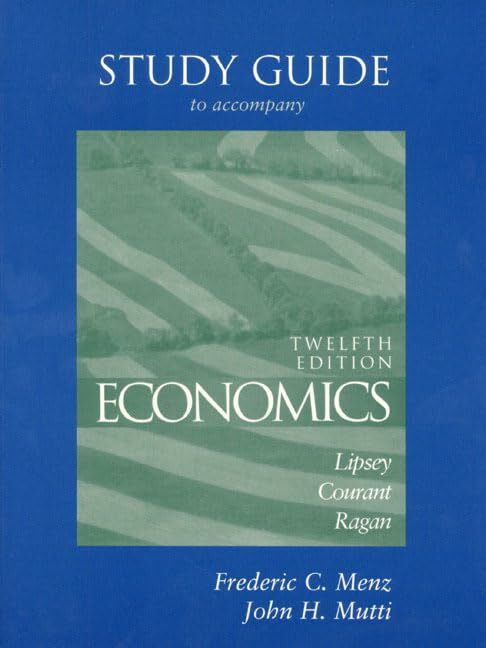
Coping with the Complexity of Economics
Kurzinformation
inkl. MwSt. Versandinformationen
Artikel zZt. nicht lieferbar
Artikel zZt. nicht lieferbar

Beschreibung
Throughout the history of economics, a variety of analytical tools have been borrowed from the so-called exact sciences. As Schoe?er (1955) puts it: "They have taken their mathematics and their ded- tive techniques from physics, their statistics from genetics and agr- omy, their systems of classi?cation from taxonomy and chemistry, their model-construction techniques from astronomy and mechanics, and their methods of analysis of the consequences of actions from en- neering". The possibility of similarities of structure in mathematical models of economic and physical systems has been an important f- tor in the development of neoclassical theory. To treat the state of an economy as an equilibrium, analogous to the equilibrium of a mech- ical system has been a key concept in economics ever since it became a mathematically formalized science. Adopting a Newtonian paradigm neoclassical economics often is based on three fundamental concepts. Firstly, the representative agent who is a scale model of the whole society with extraordinary capacities, particularly concerning her - pability of information processing and computation. Of course, this is a problematic reduction as agents are both heterogeneous and bou- edly rational and limited in their cognitive capabilities. Secondly, it often con?ned itself to study systems in a state of equilibrium. But this concept is not adequate to describe and to support phenomena in perpetual motion. von Faggini, Marisa und Lux, Thomas
Produktdetails

So garantieren wir Dir zu jeder Zeit Premiumqualität.
Über den Autor

- hardcover
- 534 Seiten
- Erschienen 2021
- MDPI AG

- hardcover
- 700 Seiten
- Erschienen 1996
- Springer

- Kartoniert
- 715 Seiten
- Erschienen 2009
- Mcgraw-Hill Higher Education

- hardcover
- 951 Seiten
- Erschienen 1998
- Houghton Mifflin (Academic)

- Kartoniert
- 400 Seiten
- Erschienen 2018
- Verlagshaus Jacoby & Stuart...

- hardcover
- 811 Seiten
- Erschienen 2008
- South-Western

- Gebundene Ausgabe
- 896 Seiten
- Erschienen 2006
- South-Western

- Kartoniert
- 257 Seiten
- Erschienen 2019
- Schäffer-Poeschel

- paperback
- 543 Seiten
- Erschienen 1999
- Pearson

- Kartoniert
- 440 Seiten
- Erschienen 2014
- Springer Gabler

- Kartoniert
- 178 Seiten
- Erschienen 2018
- Springer



































